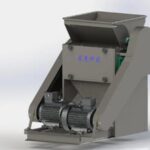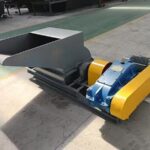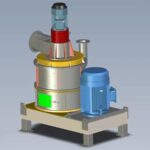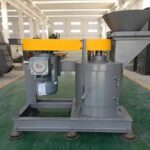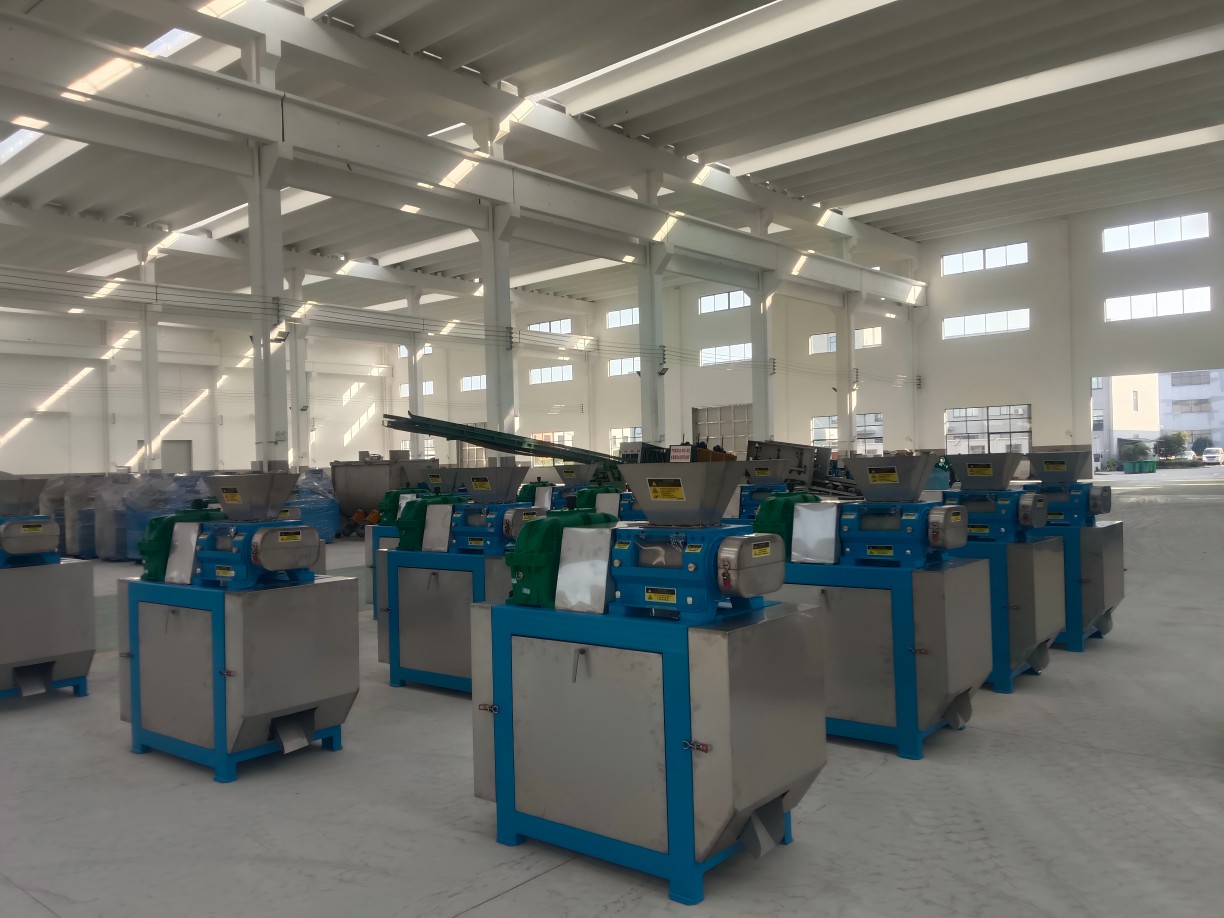



FOUR-SHAFT CRUSHER
Breaking down compacted materials into smaller, manageable pieces can be a difficult task, especially in industries dealing with bulk fertilizers like ammonium chloride, potassium sulfate, or compound fertilizers. Four-shaft crushers are the solution to overcome this challenge as they are designed for this task. Its four rotating shafts, each equipped with specialized teeth, work by shredding clumped materials into smaller, manageable particles. The unique design uses both forward and reverse rotations to ensure consistent, efficient crushing, reducing the chance of materials sticking or clumping.
SPECIFICATIONS
- Model: SZPD130
- Power: 11kW
- Rotation speed: 35r/min
- Production capacity: 20t/h
- Final size: ≤50mm
Features
- The cutter teeth are designed with an ideal height for shearing larger material lumps into smaller pieces, ensuring low power consumption. Additionally, the forward and reverse motion prevents jamming or unnecessary downtime.
- Made from wear-resistant alloy steel, the cutter teeth are designed to withstand corrosion, ensuring longevity even when processing harsh materials.
- Its simple structure and user-friendly interface allow for easy operation and high safety, reducing the need for complex maintenance procedures.
FAQ
How to choose the right fertilizer production equipment for my plant?
Choosing the right equipment for your fertilizer production project starts with understanding your production needs. Here are a few key questions that help narrow down the best options:
- What type of raw materials are you working with?
- Do you aim to produce powdered or granular fertilizer? What specific characteristics should the final product have?
- What is the desired output capacity for your production line?
- What are the local environmental conditions, such as temperature and material moisture levels?
- What heat source will your drying equipment rely on?
Once we have this information, we can recommend the most suitable fertilizer processing equipment and production line for your needs.
Why does the granular fertilizer produced by my production line tend to clump?
Clumping is a common issue in fertilizer production, usually caused by moisture, temperature, and pressure. If the fertilizer you are planning on producing has a high moisture content, it could lead to clumping, which might mean your drying equipment isn’t performing optimally. Similarly, high temperatures can make the granules more prone to sticking together, which is why cooling equipment is often used after the drying process. Lastly, high pressure in the fertilizer production line can increase the surface area of the granules, making them more susceptible to chemical reactions that cause clumping.
- The cutter teeth are designed with an ideal height for shearing larger material lumps into smaller pieces, ensuring low power consumption. Additionally, the forward and reverse motion prevents jamming or unnecessary downtime.
- Made from wear-resistant alloy steel, the cutter teeth are designed to withstand corrosion, ensuring longevity even when processing harsh materials.
- Its simple structure and user-friendly interface allow for easy operation and high safety, reducing the need for complex maintenance procedures.
Related Products
Contact us now
To Learn About Our Fertilizer Production Lines
Mobil/Whatsapp
086-17715506502
karen@yrcexport.cn



